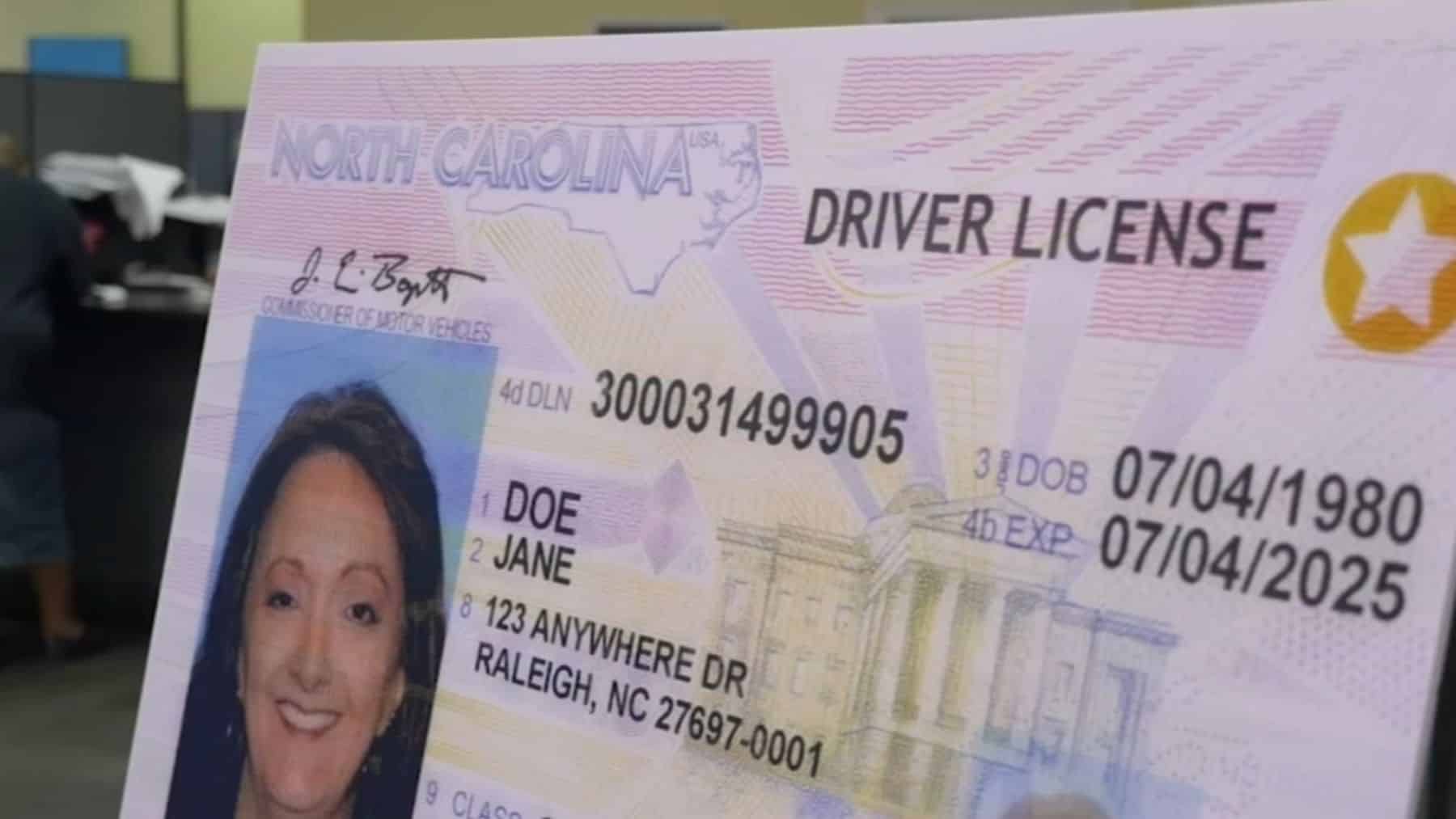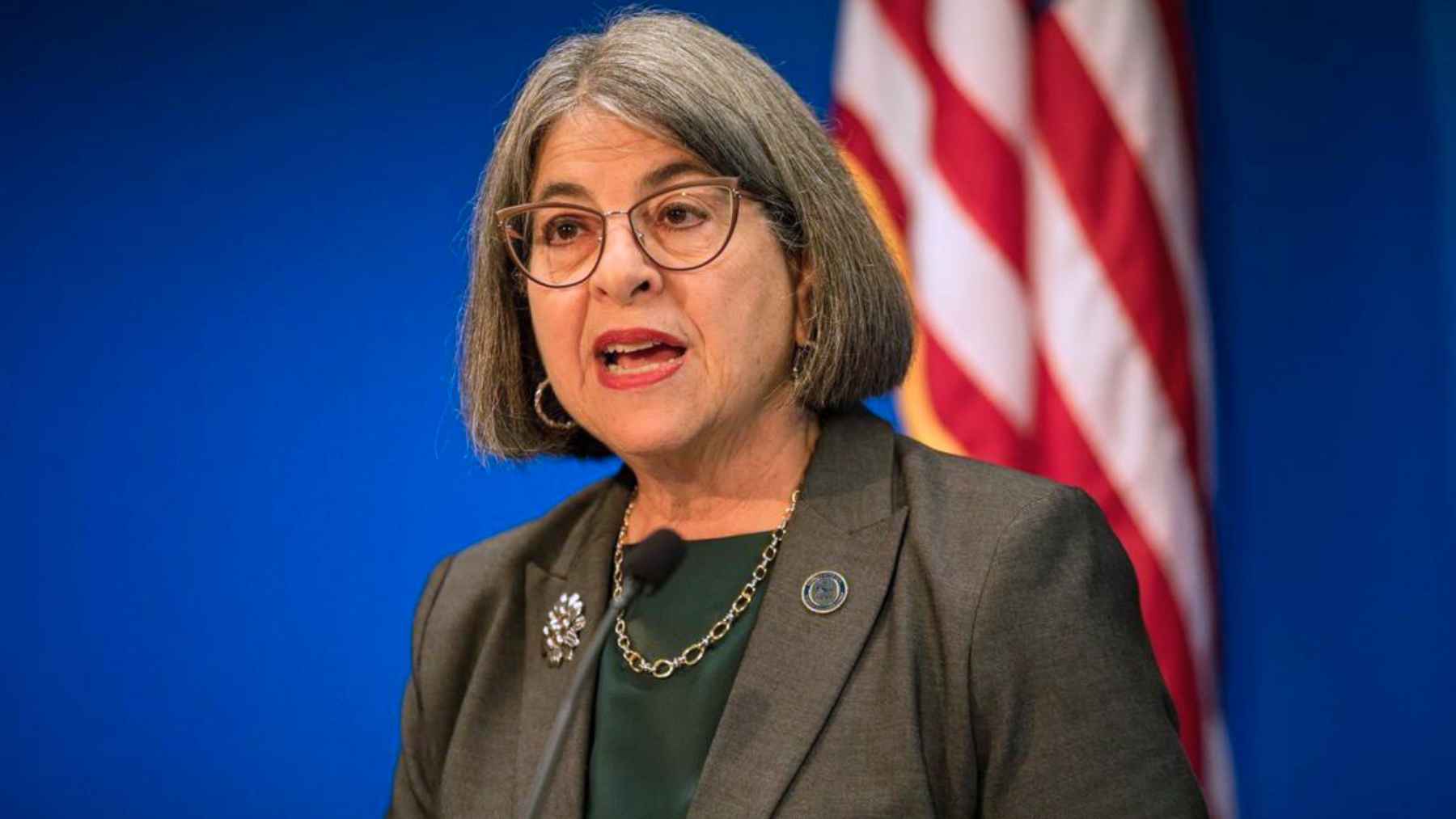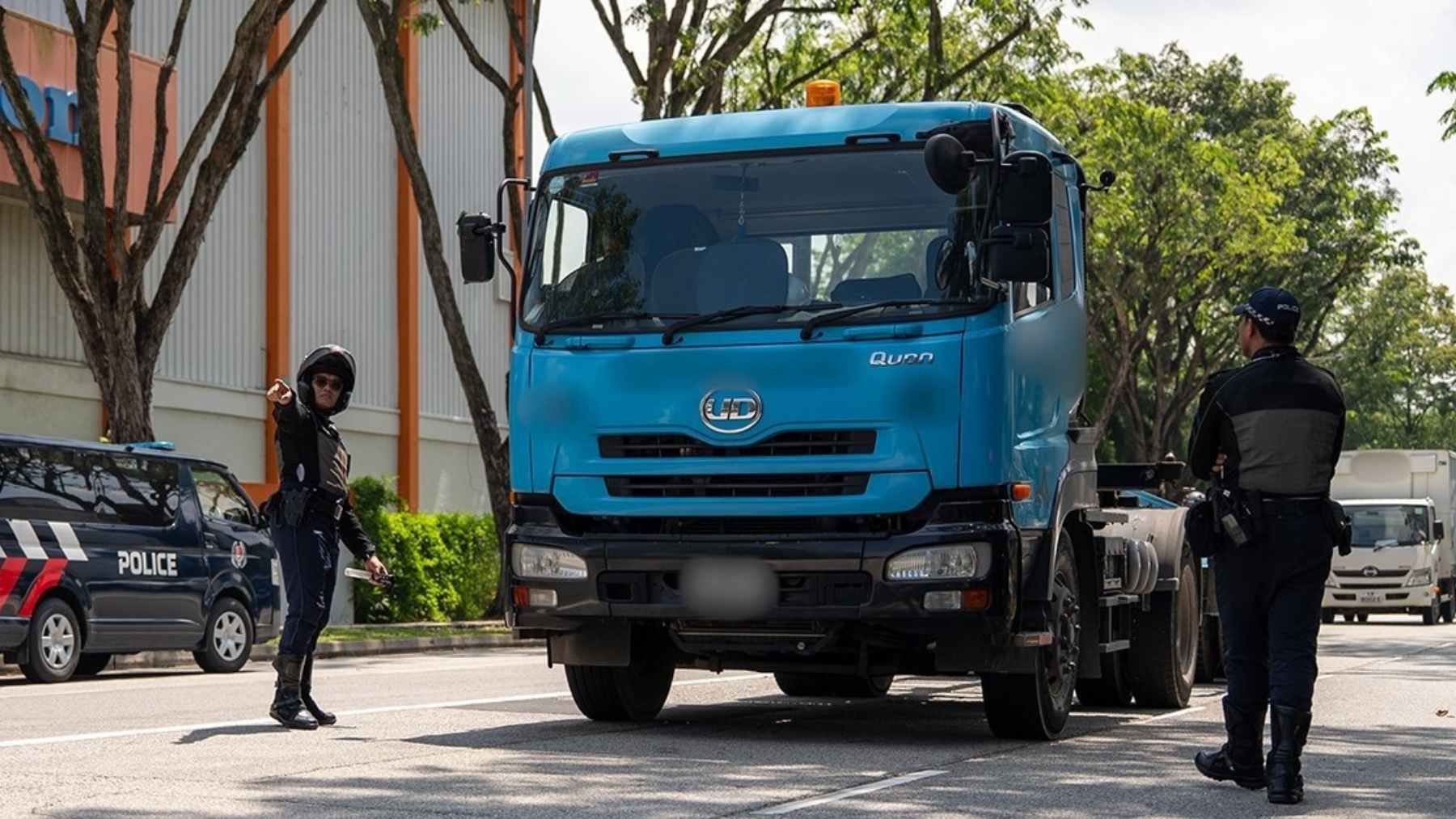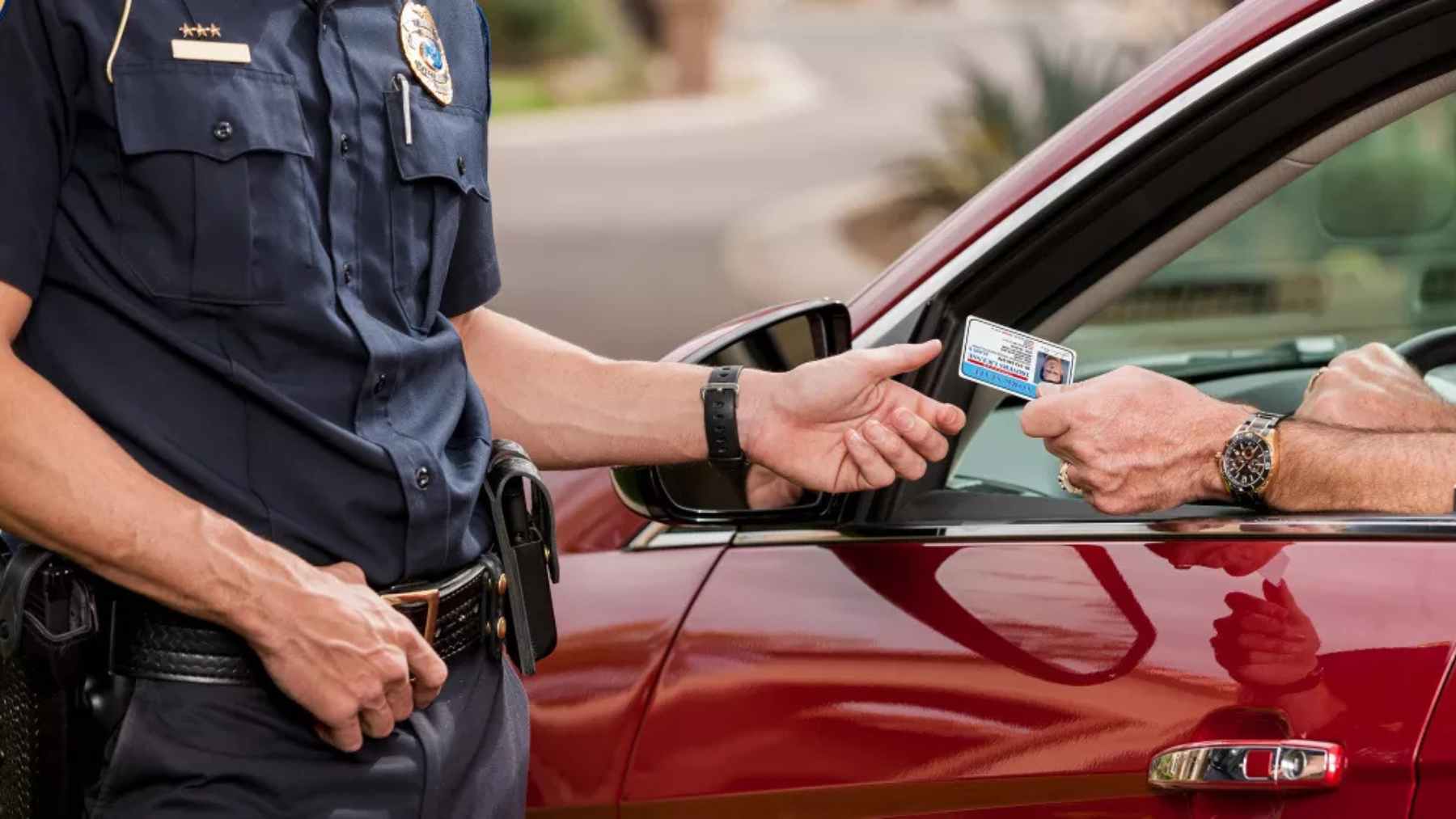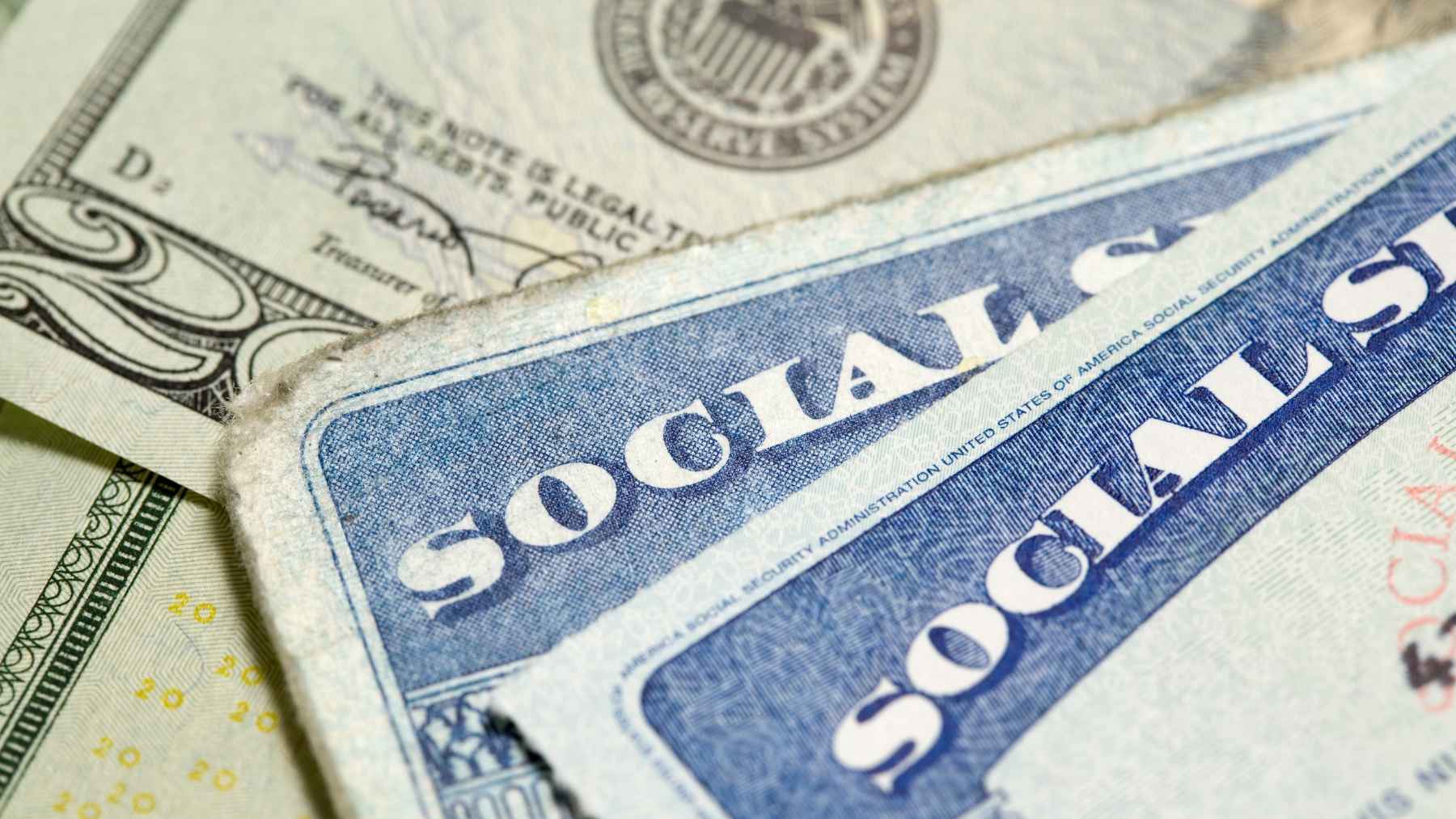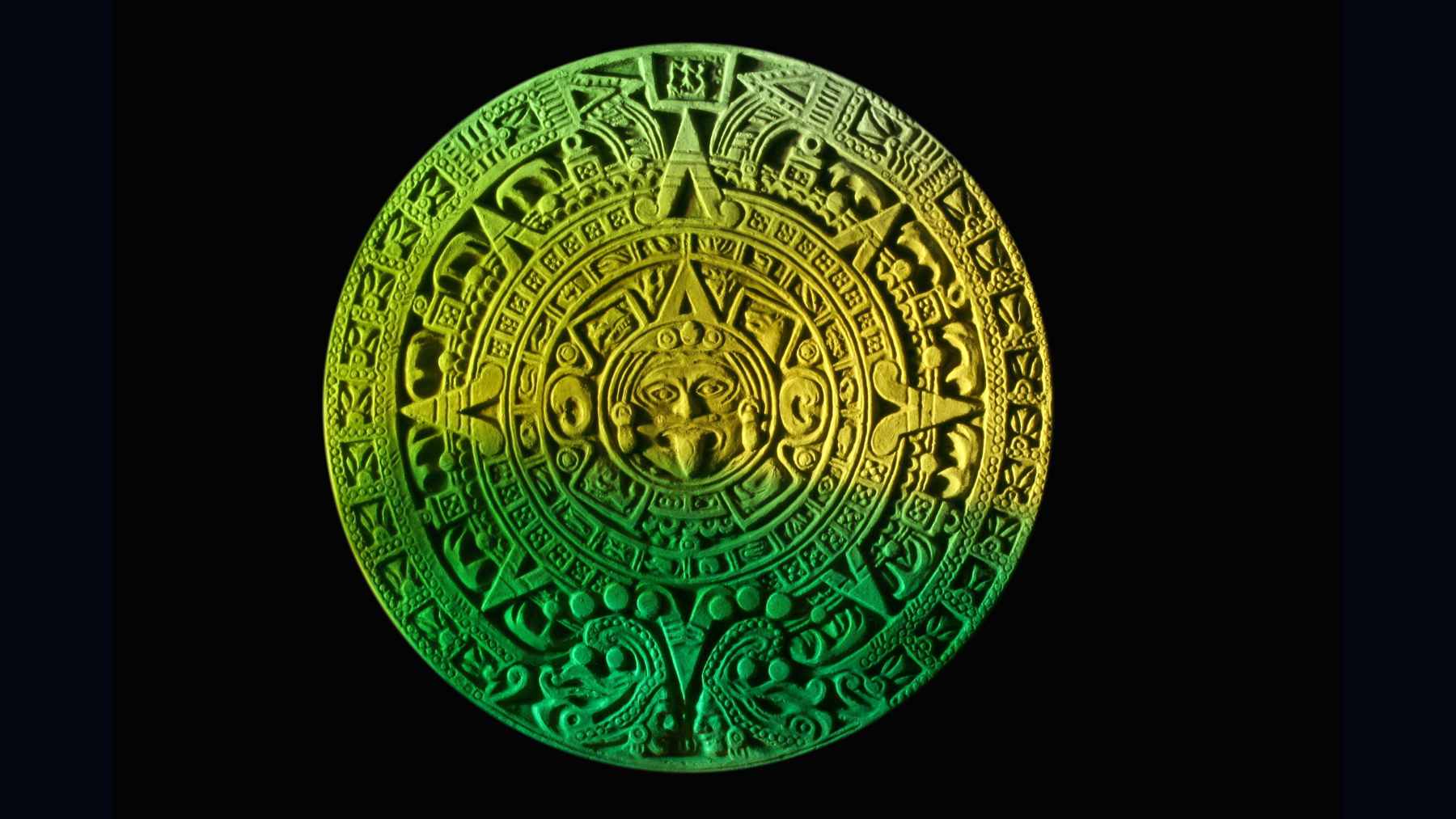Finally, North Carolinians will no longer be frustrated due to endless waits for driving license renewals at the Division of Motor Vehicles (DMV). According to the proposed bill, House Bill 821, a two-year extension will be offered on all expired Class C driver’s licenses, ensuring temporary legal protection for millions of motorists stuck with expired driver’s licenses due to the state’s growing backlog. The bill, if passed, would allow eligible drivers to legally drive their vehicles even after their license has expired. The law reflects a bold move towards easing the pressure on an overburdened DMV.
Why the backlog at the DMV?
The problem can be traced not to recent times, but to years back. North Carolina’s population has increased over the last two decades; however, the DMV staffing hasn’t been able to keep up. As stated by the DMV itself, the agency’s ability to serve residents has been stifled due to inadequate funding, staffing shortages, and archaic technology. In 2024, outgoing DMV Commissioner Wayne Goodwin put in a request for funding to rope in more than 60 new employees. The request from the DMV commissioner had been denied.
In early 2025, the DMV attempted to fix some issues with measures such as extending weekday office hours in 42 additional locations. However, despite initiatives, long waiting time exists. Residents are frustrated that they have been spending hours trying to secure appointments and have even been forced to wait until after their license expires to gain new licenses. First-time drivers, new residents, and those needing a REAL ID are the ones who are most affected, as the entire processes require in-person visits.
What is proposed by House Bill 821?
The House Bill 821 in the North Carolina General Assembly introduced by Republican lawmakers Jay Adams, Keith Kidwell, and Mike Schietzelt, states that standard Class C driver’s licenses known to cover most personal vehicles must remain valid for up to two years after their official expiration date. As per the Bill, licenses would remain valid until 2027 and would apply only to drivers whose licenses have expired normally. Bill 821 does not include licenses that have been suspended, revoked, or canceled.
The idea behind the proposed House Bill 821 outlined by Rep. Jay Adams is to provide relief to law-abiding drivers who have no realistic way of renewing their licenses due to the DMV’s backlog.
The solution is rather controversial
Although the bill has gained much support, it has been met with much criticism. According to legislators, the proposal invites bureaucratic dysfunction. Rep. Harry Warren, a Republican from Rowan County, said:
“This bill would basically be facilitating the incompetence of the DMV. You’re alleviating them of the responsibility of their job.”
The DMV has not commented directly on the bill but has surely acknowledged the severe structural issues plaguing its operations. The agency, however, is not in a position to simply hire more staff or open new offices without legislative approval and funding. Change may be needed. In Idaho, citizens are experiencing a huge driver’s license change.
Where to from here?
House Bill 821 has been passed by the House Transportation Committee and has now moved to the Finance Committee for further consideration. Lawmakers are also considering and debating deeper structural reforms to the DMV, including a Senate proposal to establish a new nine-member Board of Motor Vehicles that would appoint the DMV commissioner, removing that authority from the governor and the state Secretary of Transportation.
While the bill is a temporary fix to the problem, it may serve as a model for other states facing similar challenges. North Carolina motorists may have one less important appointment to stress about. On the other hand, in New York, driver’s licenses are mandatory with a deadline of May 7, 2025.
